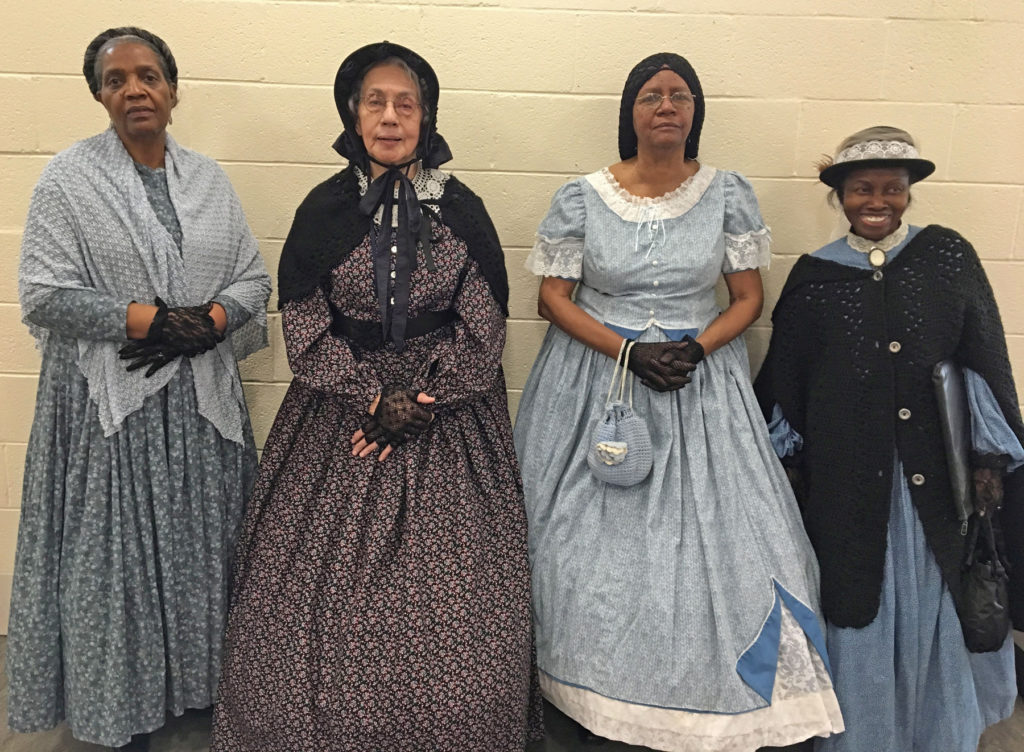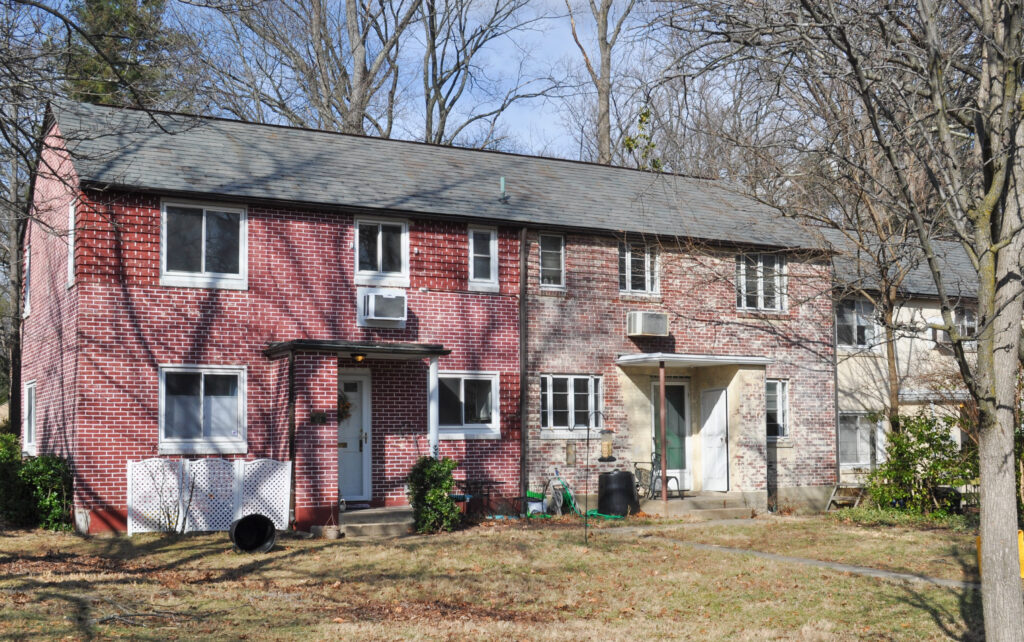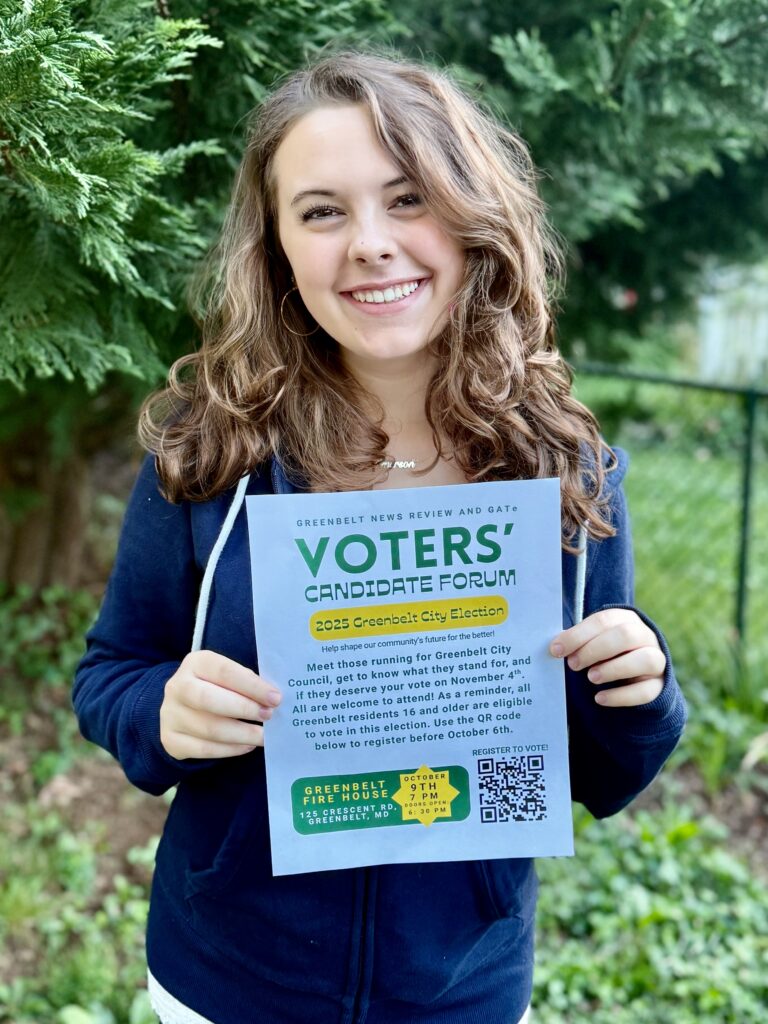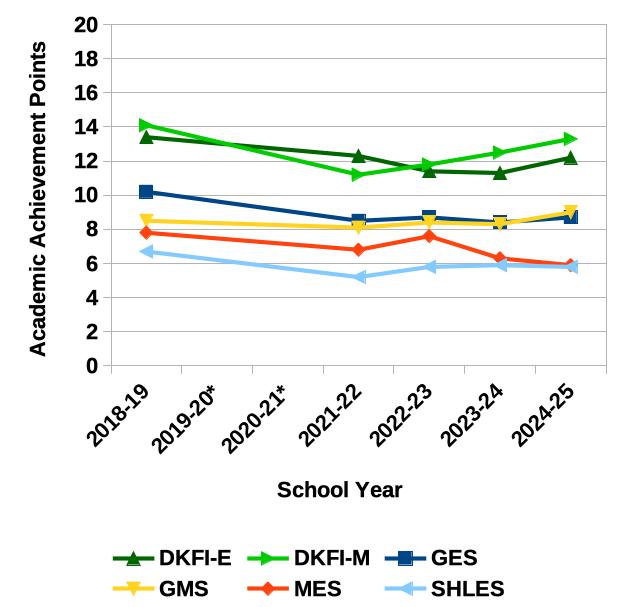On Wednesday, February 13, the Greenbelt Golden Age Club welcomed club member Joyce Bailey and three women to speak on and reenact the lives of free African American women in the early-tomid-19th century. Bailey, along with Helen Assad, Carol Gordon and Marie Davenport Schneider, are members of the Female RE-Enactors of Distinction (FREED). FREED is a group of women affiliated with the African American Civil War Memorial and Museum using reenactment and dramatic readings to educate the public on the life and accomplishments of African American Civil War soldiers and the women who supported them. Frances Anne Rollin, portrayed by Gordon, was born to a free African American family in Charleston, S.C. She was an educated child, even speaking French. She was sent to Philadelphia to continue her schooling before the Civil War broke out. After the war, Rollin returned south to teach in the freedman’s schools. Later she worked for Frederick Douglass in Washington, D.C. A story of her life titled Pride of the Family was written by her granddaughter, Carole Ione. Gordon is a retired French teacher in Montgomery County schools and the language connection led her to portray Rollin. More information on Rollin can be found at en.wikipedia.org/wiki/Frances_Rollin_Whipper. Elleanor Eldridge was portrayed by Davenport-Schneider. Eldridge was born free in Rhode Island in the early 19th century; her father had obtained his freedom fighting in the Revolutionary War. She worked as a domestic worker in various locations in Rhode Island and Massachusetts. She learned how to weave and make soap. Eldridge saved what money she could and later became a businesswoman. Davenport-Schneider is a retired teacher who spent much of her career teaching in the Department of Defense schools in Germany. She chose to portray Eldridge “because of her strong determination to persevere in spite of the odds and she made a decisive mark in history.” More information on Eldridge can be found at en.wikipedia.org/wiki/Elleanor_Eldridge. Mary Smith Kelsey Peake was born to a free family in Norfolk in the early 1800s. Her family moved to Alexandria when she was six so she could go to school. At that time, Alexandria was part of the District of Columbia and it was legal for African American children to go to school in D.C. When she finished school, Peake went back to the Norfolk area and began teaching enslaved children in hiding under the branches of a sprawling oak tree that came to be called the Emancipation Oak. The school that was founded under the Emancipation Oak grew into Hampton University and, during his presidency, President Obama visited the Emancipation Oak. Assad, who portrayed Peake, retired after a career with the U.S. Postal Service. More information on Peake can be found at en.wikipedia.org/wiki/Mary_S._Peake. Last year, Bailey portrayed Elizabeth Keckly, Mary Todd Lincoln’s seamstress. At this year’s presentation, Bailey described how she became interested in portraying Keckly: Bailey’s mother was a designer in New York City and founded the Black Fashion Museum in that city in the 1970s. There was much discussion after the presentations and club members came away with new information about African American women in the 19th century.




